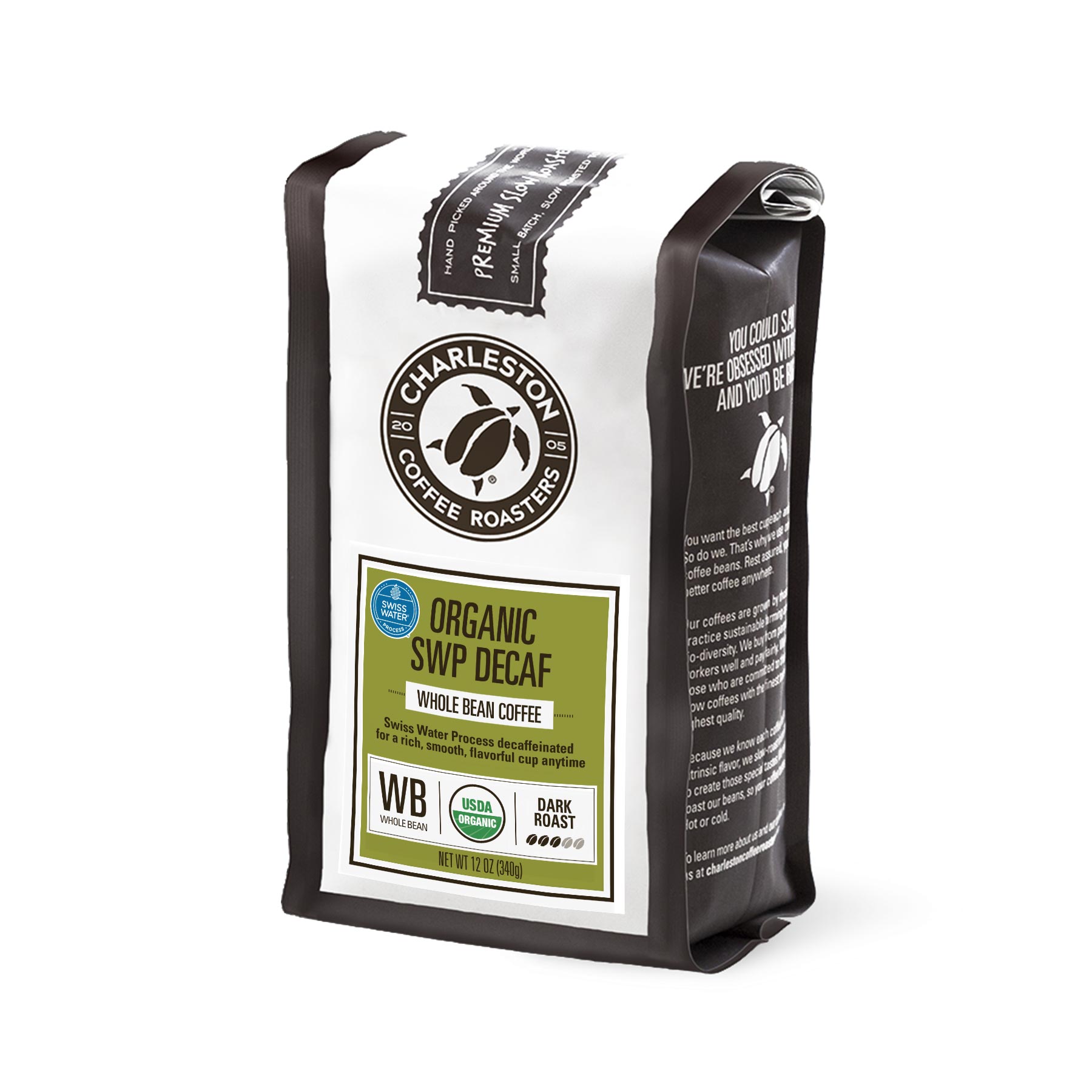Blog
How is Organic Coffee Processed?
Coffee is an exquisite beverage with many different varieties and aromas. These characteristics may include its variety, soil in which the bean was grown, elevation of growing region, harvest and processing technique used, water quality concerns and much more. Yet one of the key elements in creating an incredible cup of java lies with how its beans have been roasted: roasting is the final step before being prepared for consumption by consumers.
As certified organic roasters, we adhere to stringent standards to keep our products clean and pure. All of our beans are always 100% organic without any artificial chemicals; coffee roasting takes place in an environment maintained using organic cleaners and soaps only.
At our core, we believe in supporting and advocating for sustainable coffee farming practices, so we only purchase coffee from producers who are both organic and fair trade certified, guaranteeing both safety for farmers and the environment while offering living wages to those involved in producing our purchase.
Organic coffee has quickly become more prevalent within the coffee industry and consumer awareness is on the rise. People increasingly care about what goes into their bodies, wanting to know that their food has been produced ethically and treated responsibly. With increased demand for organic beans coming onto the market, more companies will adopt organically grown, ethically harvested and fairly traded beans into their offerings and product lineup.
Certified organic farms must fulfill several requirements in order to receive certification, with one of the primary ones being that no artificial pesticides or herbicides may be used on coffee plants – this helps protect future crops by keeping soil healthy, and prevents harmful chemicals from seeping into plants through absorption. Many farms that cultivate organically will also create their own fertilizer by mixing chicken manure, coffee pulp and bocachi together into a fertilizer mix.
Organic certification requires coffee beans to be harvested under natural sunlight using a process called “dry processing”. This helps create more consistent and desirable products; many producers prefer this form of farming because it allows their beans to develop natural sweetness that cannot be replicated with any other method.
Organic certification requires coffee be processed without artificial chemical additives, something most producers find very challenging due to the costs and time involved with becoming organically certified. Therefore, expect to pay a higher premium for organically produced coffee than non-organic varieties.
As always, the decision is yours to make; we hope this article has provided enough information about organically produced coffee to inform you on its benefits and what to look out for when shopping for an excellent cup. Coffee lovers everywhere love coffee; let’s do what we can to support producers who produce this outstanding product!



